 I’m not one to dance on the grave of big publishing (even if it’s never been very friendly to me) but, man, this can’t be good news for the future of traditional publishing. Hocking and Barry Eisler were just the beginning.
I’m not one to dance on the grave of big publishing (even if it’s never been very friendly to me) but, man, this can’t be good news for the future of traditional publishing. Hocking and Barry Eisler were just the beginning.
“I’m more excited than I’ve ever been,” says New York Times bestselling author Bob Mayer, who wrote in a recent blog post about plunging into self-publishing and reissuing his defunct titles as e-books. The former Green Beret wrote the first of 40 military thrillers and historical novels in 1991, which he says have sold more than 4 million copies over the years. In addition to self-publishing his entire backlist, Mayer has opted to reject his longtime publisher St. Martin’s and their six-figure advances. Instead he’s publishing his new epic novel Duty, Honor, Country, a Novel of West Point and the Civil War, himself.
“One trait those of us coming from traditional publishing have had, is knowing it’s the long haul that counts. In digital, it’s not the spike for the bestseller list, but the long tail of sales that is the key.”
An important added benefit for an established author like Mayer is recycling the blurbs and reviews printed with the original edition. Those quotes lend instant credibility to readers browsing sites like Amazon.
“Isn’t this just awesome?!”
That was Nyree Belleville’s reaction to her sales figures for the first three months of 2011: books sold: 56,008, income: $116,264.
Pretty awesome indeed for a writer whose publisher unceremoniously dumped her for lack of sales only last October. Things looked very bleak, but then something important happened: the publisher handed back the rights to the first two of her 12 romance novels. The Sonoma, California-based author, who writes under the pseudonym Bella Andre, decided to reissue the two titles herself as e-books on Kindle. The results startled her: nearly $500 in a matter of months. Things started getting giddy and soon Belleville was self-publishing new titles, picking up more of her out-of-print rights and it all kept snow-balling.
It seems like trad publishing will be able to figure this out. If Belleville’s able to make $100,000 on her backlist, so might a traditional publisher. They just have to give a fairer royalty percentage, while providing some service like marketing that a writer can’t do his or herself. On the other hand, if a writer’s making $100,000 in three months without a huge marketing push, what’s the incentive to give any profit to a publisher?
This isn’t a backlist story, but still it’s significant, showing that literary writers are also jumping into ebooks, not just commercial writers:
[Animals] also make excellent material. Ms. Orlean, the author of “The Orchid Thief” and a “cultural biography” of Rin Tin Tin scheduled for release later this year, was eager to talk about her newest project: a combination of her lifelong obsession with animals and her more recent side job as a technology fanatic. “Animalish,” an essay in e-book form, will be published on Thursday exclusively by Amazon as one of its Kindle Singles, snippets of original, long-form writing in both fiction and nonfiction.
Kindle Singles fall into a quickly emerging and still-undefined category in publishing. They are somewhere between a long article or essay and a book, anywhere from 5,000 to 30,000 words, available to download instantly for a price that ranges from 99 cents to $4.99; “Animalish” is $1.99.
Once upon a time, self-publishing was considered the domain only for also-rans who couldn’t hack it otherwise.
Meanwhile: Kindle Books Now Beating All Print Versions Combined
Amazon had already boasted that Kindle eBooks were outselling paperbacks, but now digital copies are topping all books they sell combined: for every 100 gross old tree copies moved, 105 digitals were downloaded.
It’s incredible how fast things are changing…
Get an Editorial Review | Get Amazon Sales & Reviews | Get Edited | Get Beta Readers | Enter the SPR Book Awards | Other Marketing Services



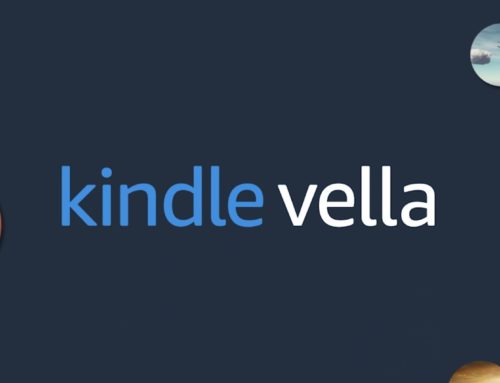
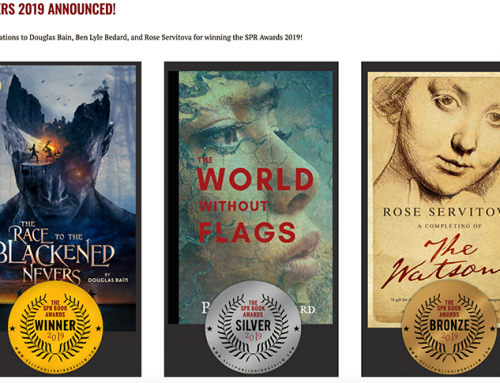

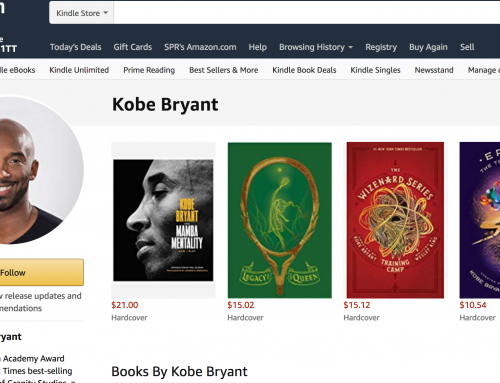
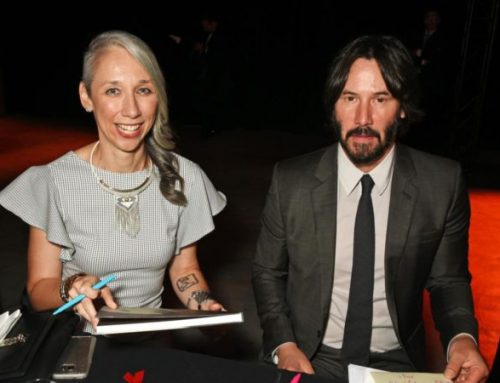
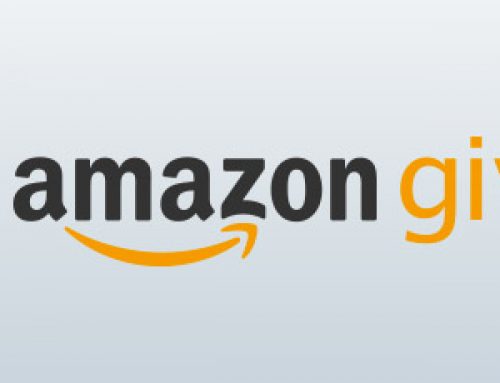

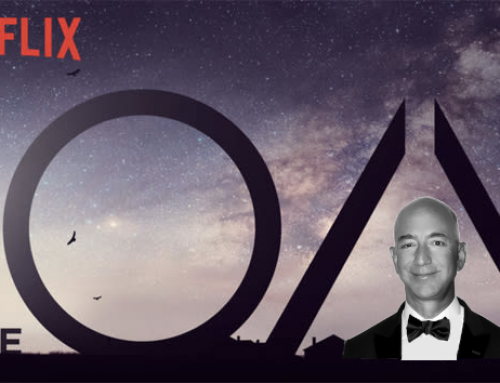
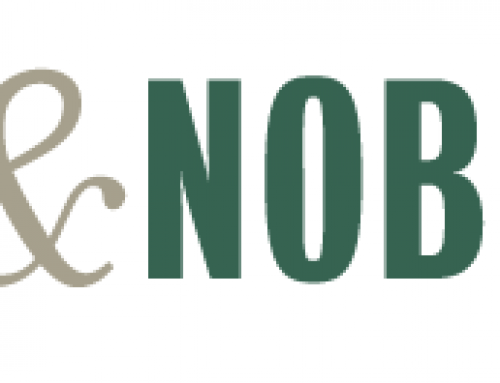
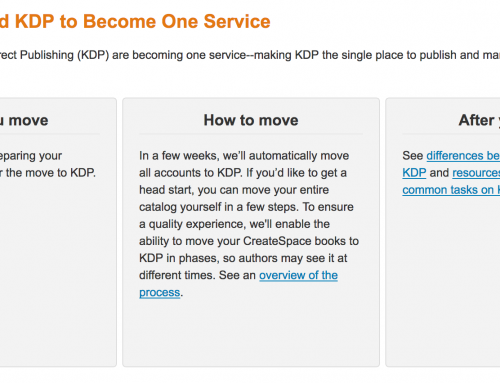
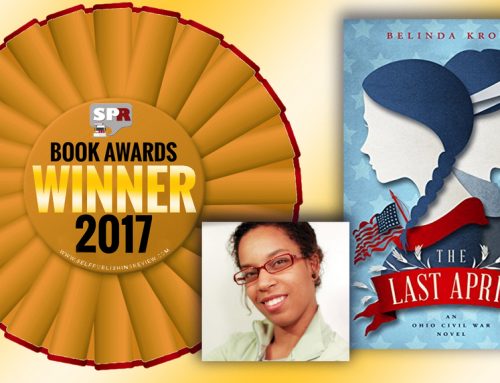
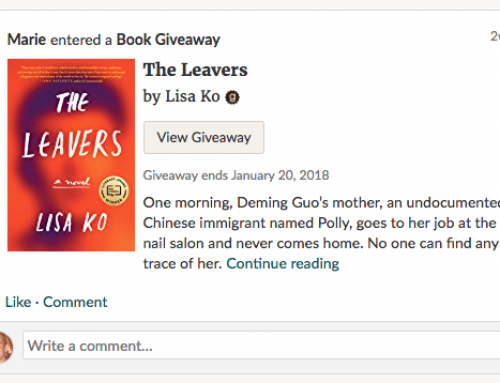
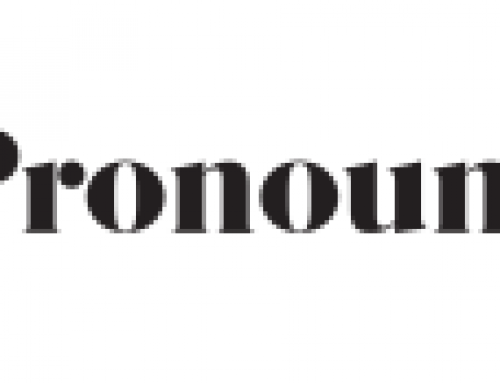
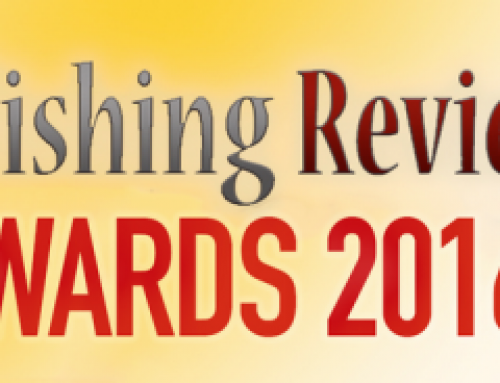
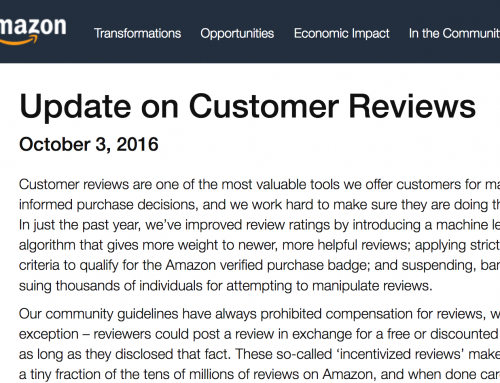
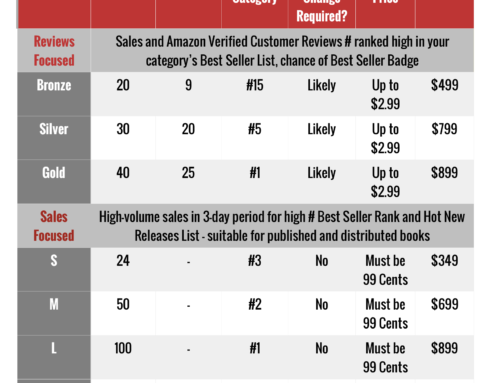
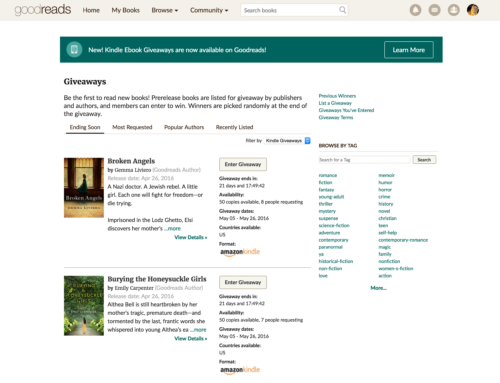
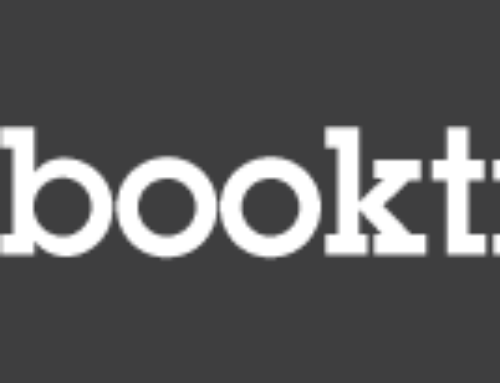
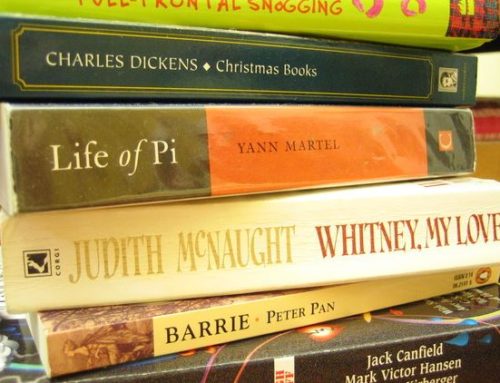
Thank you, Henry, for your report from the front lines. We can see how this battle is going. The laid-to-rest back-list titles arise from their graves, go digital, and live again. Talk about rapture!
I’ve long suspected that ebooks would out-sell traditional pulp. It’s just more convenient for this on-the-go technological age. I say, Bravo! to resurection. It’s a shame that, publishers, it seems, are only looking at their bottom line. Kudos to the power of E!